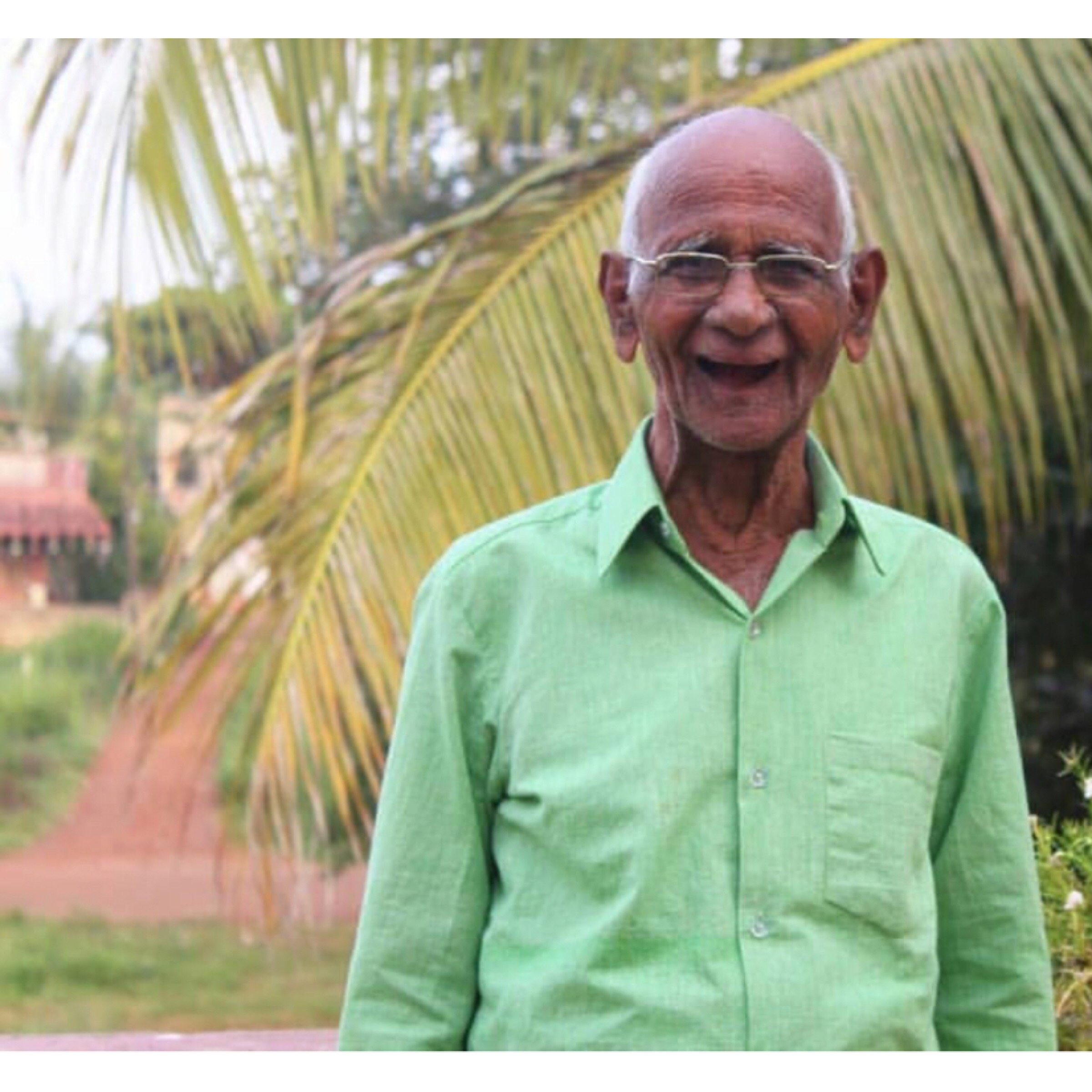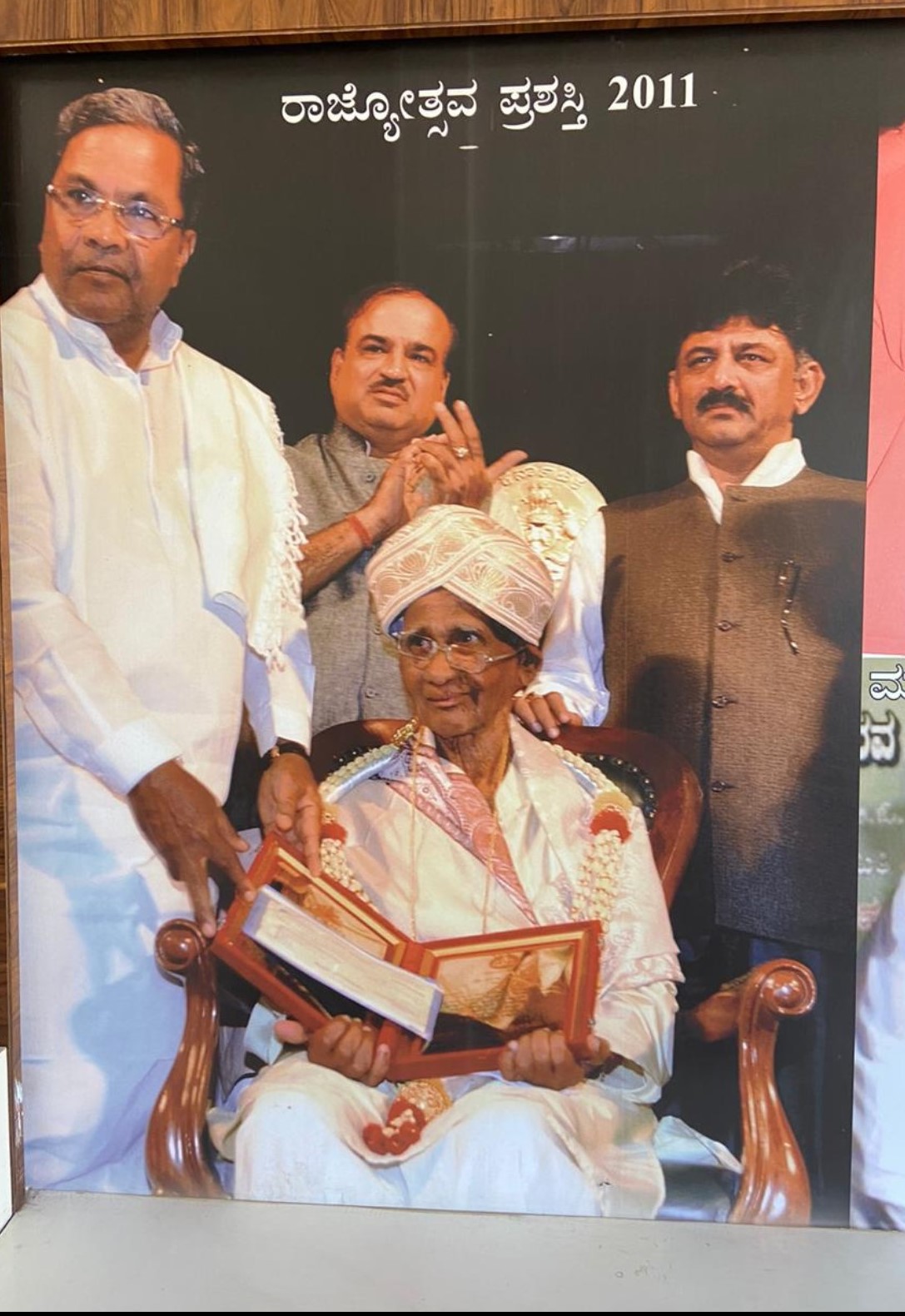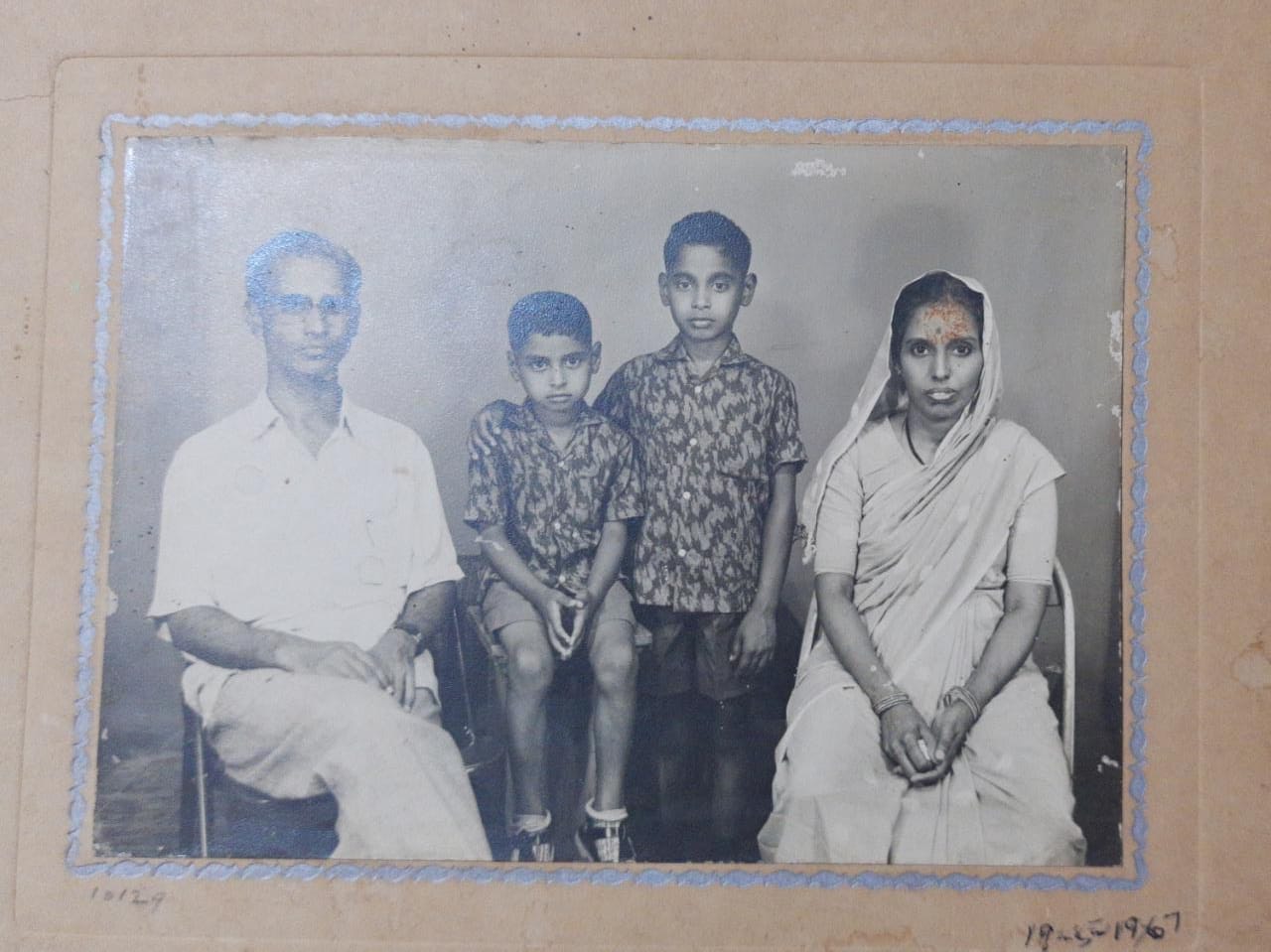
Sonali Desai
My ajja (grandfather)
Mohan Desai had founded this publication in 1956, shortly after state boundaries were reorganised on linguistic lines. While the Belgaum region
became a part of Karnataka, Maharashtra also laid claim to the territory. It
still does. It was in such a charged socio-political milieu that this
publication had taken off. Back then, it used to be a weekly and was called Darshan. The paper became a daily in
1963 and got rechristened as Lokadarshan.
I vividly remember how ajja
had described the struggles in starting this Kannada paper in what's deemed
a disputed territory. Contentment and a quiet grit were writ large on his face
as he looked into the distance and said: “I had only five rupees in my pocket.
If people hadn't believed in me, I couldn’t have built Lokadarshan. When I had first set up the printing unit, it was set
ablaze by some people. But I never gave up.”
It wasn't necessarily that the Marathi-speaking members of
the region had taken umbrage at the launch of a Kannada publication. For, my ajja's kith and kin too were among his detractors and disruptors. Decades
have passed but the Belgaum issue remains a hot topic and still evokes passion
on both sides of the border. Why, there are politicians whose entire career has
this very discontent to thank for. Such is the leverage that this topic
possesses, yet ajja never sought to
capitalise on it.
For him, fairness of news and ethics of journalism alone were supreme causes. Through Lokadarshan, he espoused unbiased political reporting and secularism. Be it editorial duties such as reporting and editing, marketing obligations such as advertising and circulation or even printing, he paid great attention to details. He was thorough and meticulous in every sphere of operation involving this newspaper. Excellence in journalism and his commitment to starting a Kannada newspaper in Belgaum—the first in the region—won him three state honours, including Karnataka's highest civilian honour, the Rajyotsava award.

One of the most remarkable aspects of his persona was his
zest for life: he used to tell us that he’d live for a hundred years. On his
95th birthday, when I had asked him if he had any more wishes to be fulfilled,
with moist yet twinkling his eyes, he quickly replied, “I have another idea for
business. I want to do this... that... And…”
We were asking about wishes whereas this man was all about
dreams. Big dreams!

While recalling his life, it's imperative to recall its
foundation: my late ajji Sheela
Desai. My grandparents are testimony to the adage that there is a woman behind
every successful man. The idea of starting a Kannada newspaper in northern
Karnataka was hers. Their love story is one of a kind. In the 1940s, my
grandmother had graduated and worked with the British government before
starting a career in an NGO as a social welfare officer in Hudali village. This
is where she met my grandfather and proposed to him for marriage. (Now I know,
hers is the gene responsible for the braveness of the girls in our family.) At
that time, my ajja had left his home
to take part in the freedom struggle. He had no money and little education. My ajji funded his graduation and sent him
money via post until they got married. After marriage, she got busy with kids
and ajja fulfilled her dream of
running a newspaper.
He had turned 97 this year but not once did he use a cane to
walk around, not even a helping hand. While he had the option of having food
served in his bed, he always chose to climb up one floor to eat his meals on
his wooden, regal eight-seater dining table, which he had tastefully designed.
He didn’t even have the common ailments of old age, such as low blood pressure
or diabetes. He was ageing gracefully.
We knew he had to leave us one day. As the end of life
approaches for a loved one, the kindest thing you can do is letting go. He left
us shortly before the mango season—his favourite—could arrive. Leaving behind a
bunch of loving and inspiring memories, he now rests in peace under a mango
tree.